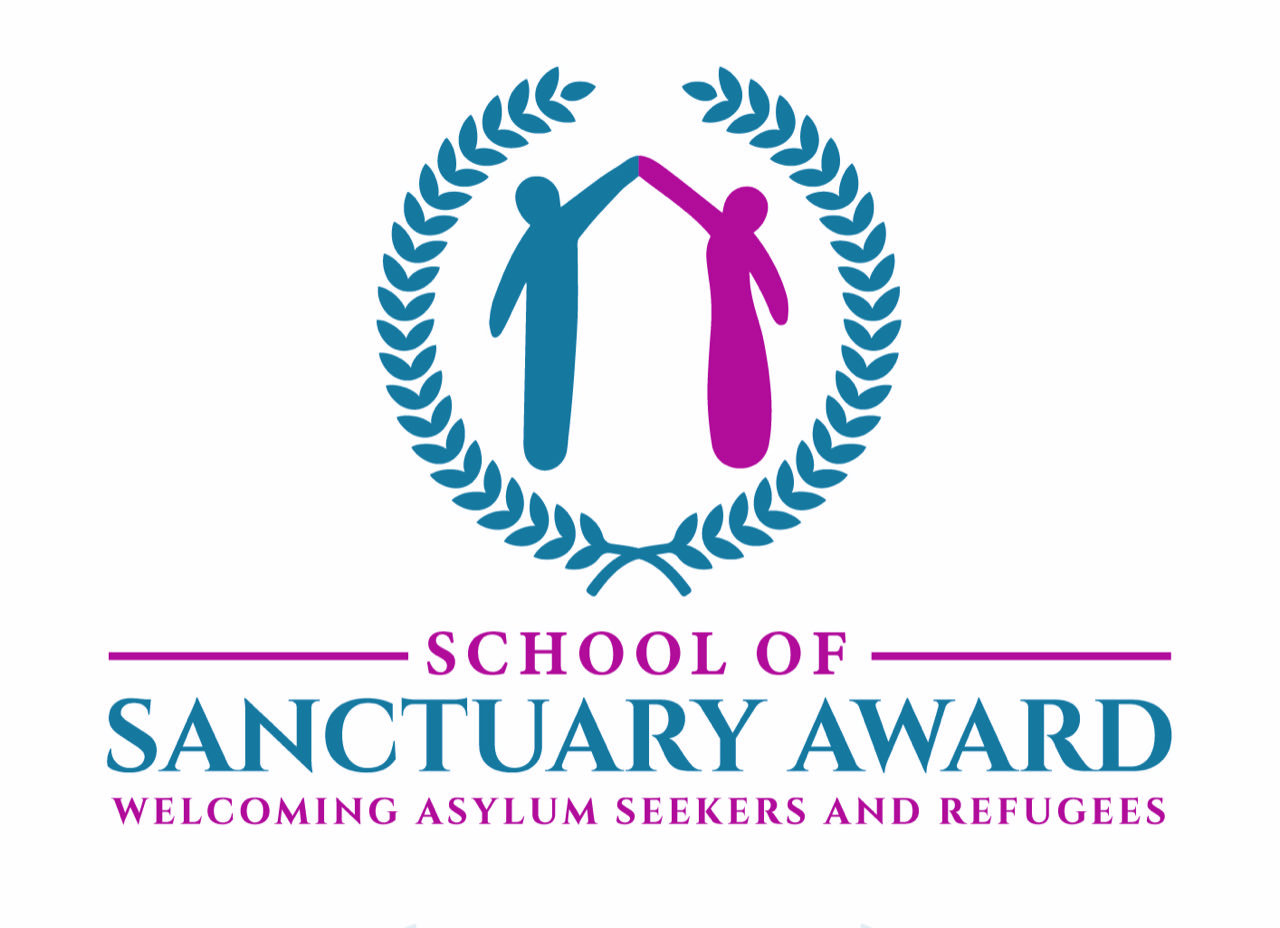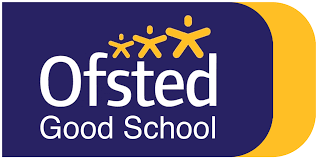Citizenship
The National Curriculum for citizenship in England  contributes to the overall aims of the national curriculum, that children should develop as successful learners, confident individuals and responsible citizens who make a positive contribution to society. The Citizenship curriculum is based on key concepts (democracy, justice, rights and responsibilities, identities and diversity) that children need to understand and key processes and skills (critical thinking and enquiry, advocacy and representation, taking informed and responsible action) they need to develop.
contributes to the overall aims of the national curriculum, that children should develop as successful learners, confident individuals and responsible citizens who make a positive contribution to society. The Citizenship curriculum is based on key concepts (democracy, justice, rights and responsibilities, identities and diversity) that children need to understand and key processes and skills (critical thinking and enquiry, advocacy and representation, taking informed and responsible action) they need to develop.
Key stage 4 overview
Students can choose to study GCSE Citizenship as one of their options when they make their pathway choices in year 9. We follow the AQA full Citizenship course. It is assessed by two one hour exams (40%) and two controlled assessments (60%). The emphasis is on active citizenship and making a difference.
Year 10 Students will learn about Pressure groups, politics, the workplace, democracy and other forms of government, British Identity and diversity. They will complete two controlled assessments based on one of these themes which will be very “hands on”. In the past students have run whole school elections, campaigned for a new zebra crossing outside the school and taken part in voluntary work in Harlesden Town Gardens.
Year 11 The emphasis in year 11 is on examination work: new topics they will cover include Human Rights, the legal system, The EU, the United Nations and other global issues. Revision and exam practice will be key.
Key Stage 5 overview:
One year GCSE students follow the full GCSE citizenship course as outlined above.





